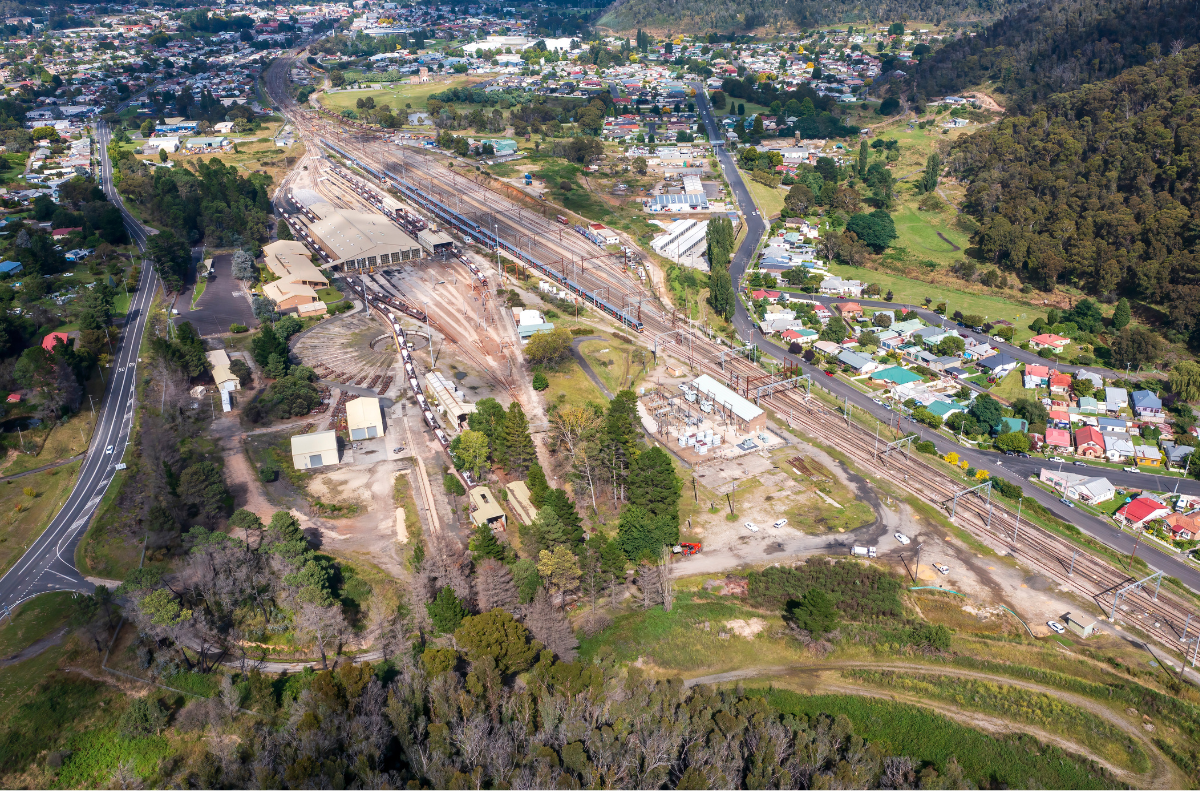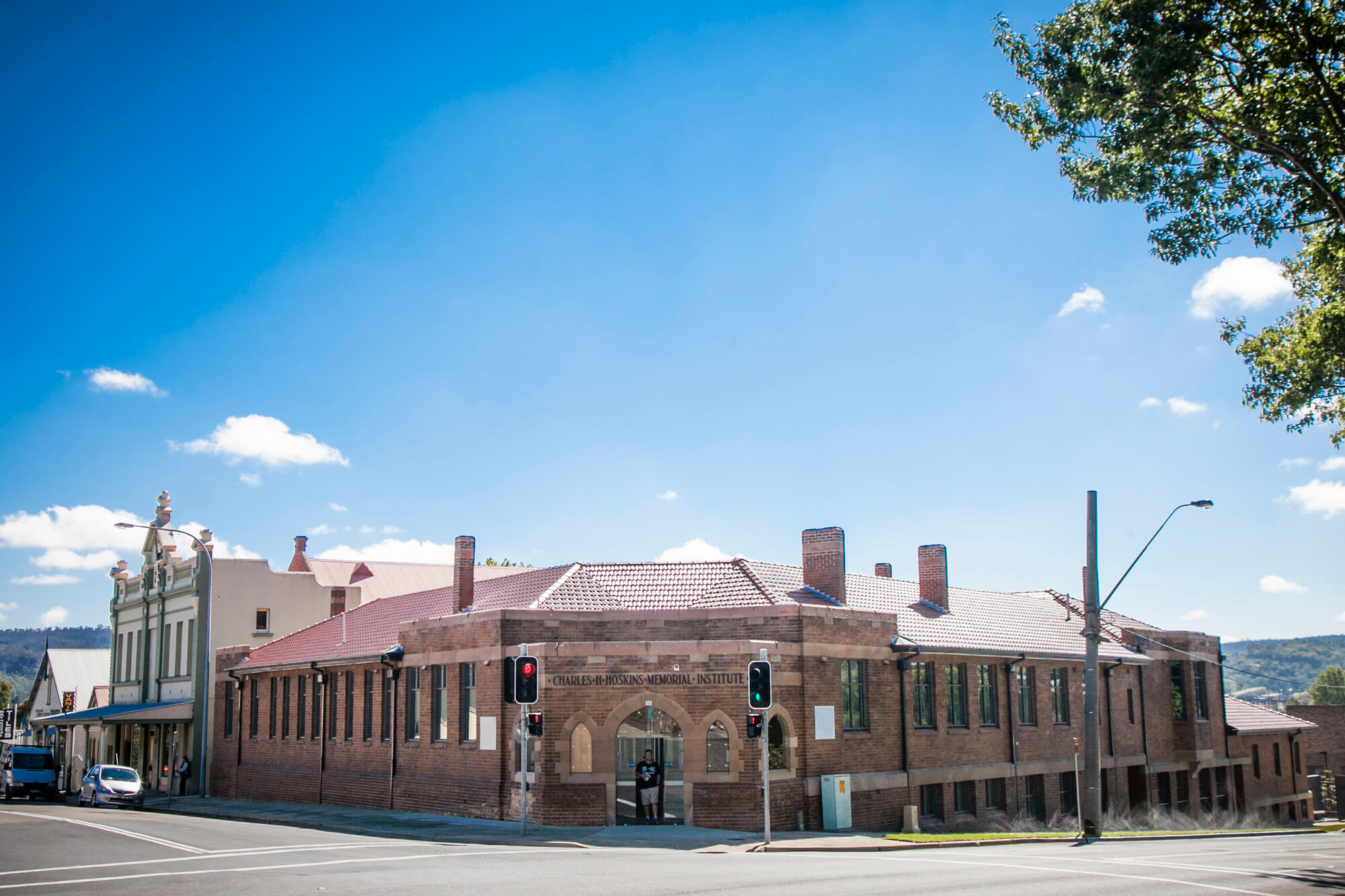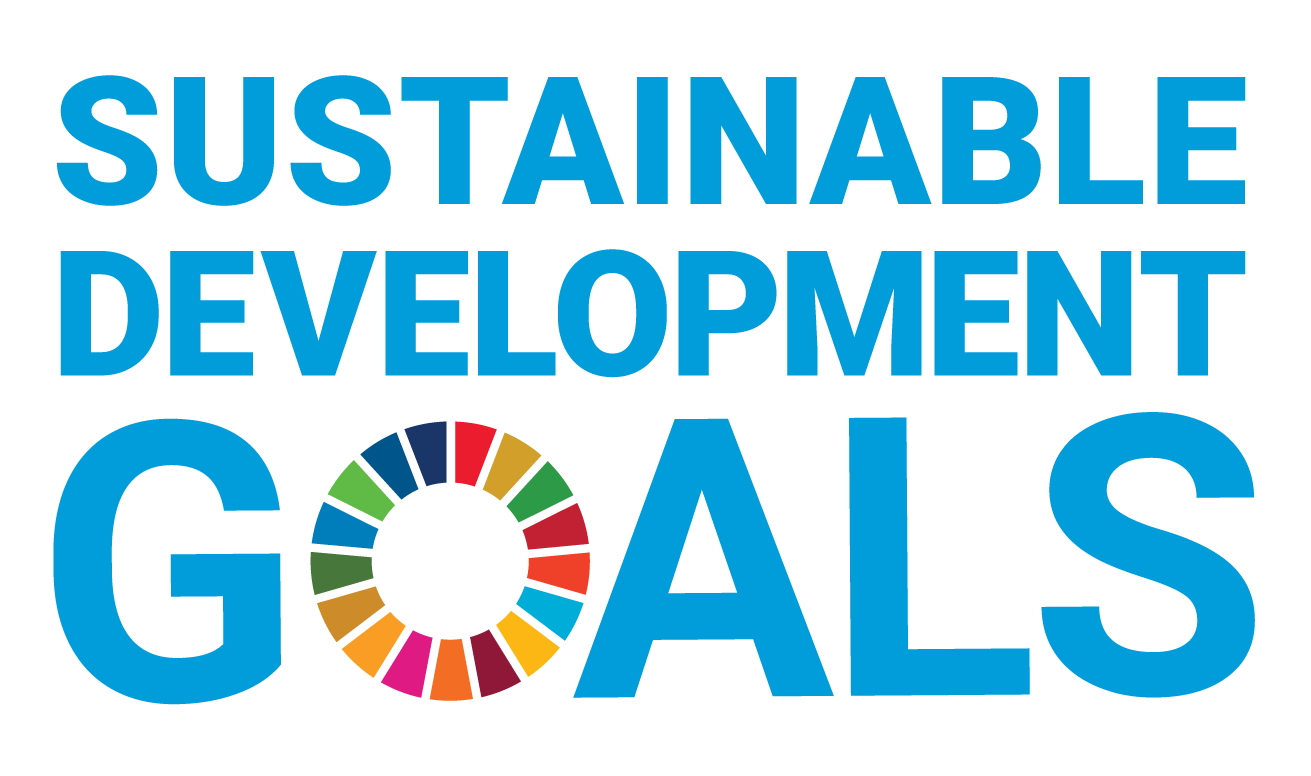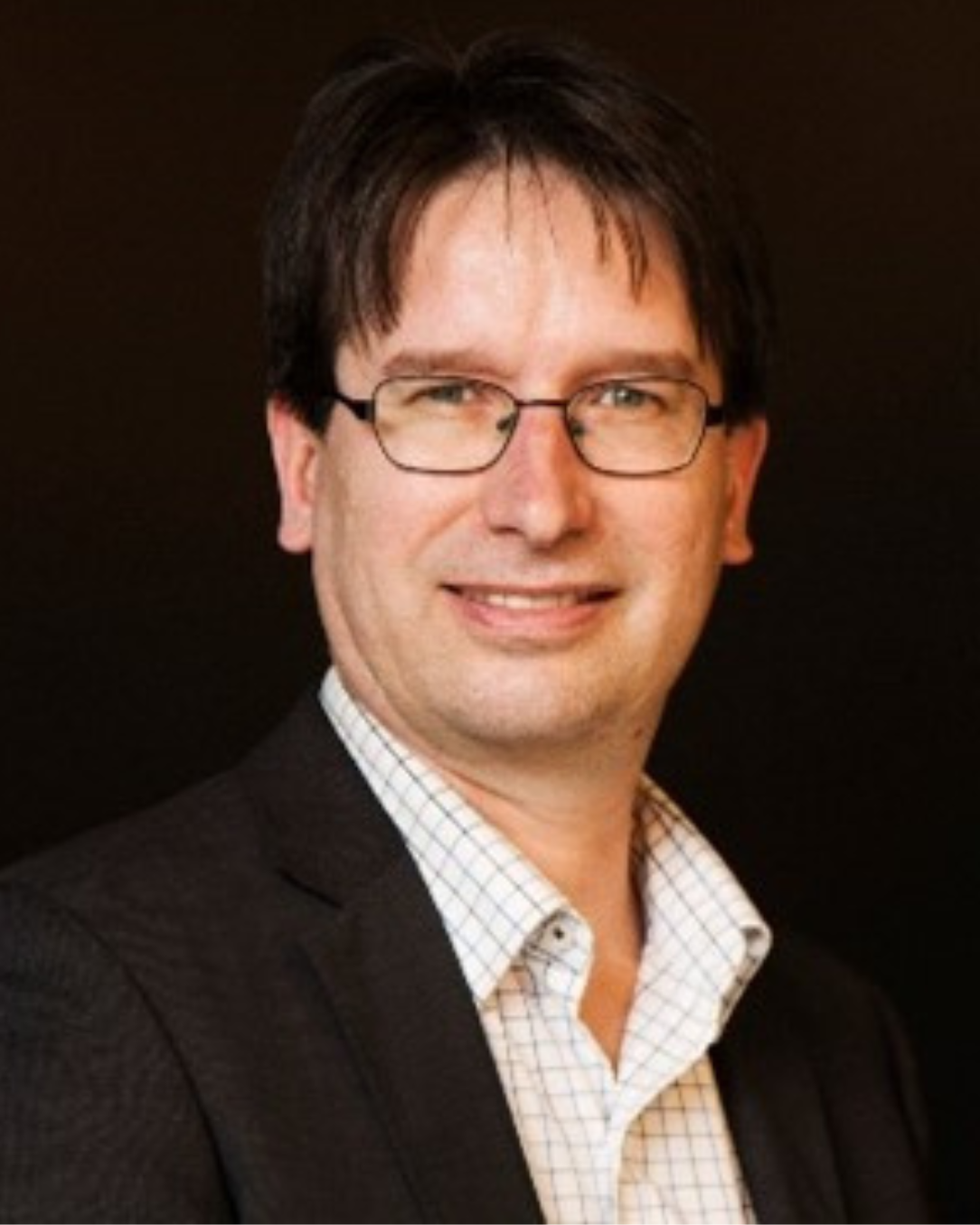You can search for courses, events, people, and anything else.
How much would you pay to save a tree, or a spider? To what extent does your local community enhance your wealth and wellbeing? These types of questions may seem abstract, but they are vital considerations for ecological economists like Neil Perry, an associate professor in corporate social responsibility and sustainability at Western Sydney University.
"In orthodox economics, the environment is simply a resource to be drawn from and to put waste into," says Perry. "In ecological economics, we look at things in a more circular and holistic fashion, seeing the economy as part of a broader ecosystem. There are many things that are valuable, that are not currently recognised in financial markets."
Perry, like many others, is averse to monetising everything in the natural world. However, he is well aware that governments make decisions through cost-benefit analyses. In a recent book chapter he wrote on 'The Economics of Ecological Restoration', he noted that cost-benefit analysis is needed to justify the importance of government projects and to help them attract funds.
"If we can broaden the values that they include in their economic analysis, then perhaps we can get some outcomes that we ordinarily wouldn’t, like promoting sustainable communities, the environment and endangered species," he says. "For example, we can assess the value of a national park including things such as the time and money people spend to visit it, or the value of nearby houses that enjoy good views."
TRANSFORMING TOWNS
In recent years, Perry has focused attention on the town of Lithgow, on the edge of the Blue Mountains, west of Sydney. Lithgow was once the centre of the coal industry in New South Wales, but one of the coal-fired power stations has now been closed. Through advisory roles with the NSW Government and the Maldhan Ngurr Ngurra – Lithgow Transformation Hub, Perry aims to help Lithgow to transition to a lower-carbon future, while also building wealth for the community.
"We’re trying to create the best conditions for the emergence of new industries. For example, we’re helping young people imagine different futures for themselves beyond the mines or the power station. We’d like the community to own the capital, rather than just have big companies come in there and employ them."
Lithgow has a lot going for it. There is a large area of serviceable industrial land left by the old power station, as well as very good train and road access, and plenty of water. Perry is working to promote the value of these factors, which bring competitive advantages and could attract different investors. Lithgow may become a centre for new manufacturing and logistics; other promising proposals include renewable energy schemes such as wind, biomass and a pumped hydropower plant.
"We’re learning a lot from Lithgow," says Perry. "By publicising our experiences, we can hopefully help many other places like Lithgow around the world."
Need to know
- The benefits of sustainability can be difficult to quantify economically.
- Western’s Neil Perry has applied ecological economic approaches to projects such as the transformation of regional hubs and cooperative housing.
"The economy is part of a broader ecosystem."
LIVING AND WORKING
Perry’s research doesn’t just examine how people work, but also how and where they live. Through collaborations with Transport for NSW and Sydney Metro — a fully automated, rapid transit rail system — he has highlighted the wider economic benefits of transport for connecting communities. For example, his team’s research found evidence that northwest Sydney, which is well connected by the metro system, was less affected by COVID-19-induced business closures than other parts of the city.
Perry is also involved in a project led by his colleague, Professor Louise Crabtree-Hayes, examining housing cooperatives — member-based organisations that provide home building, governance, management, maintenance and financial services.
"Cooperative housing represents less than 1% of housing, but the members are very vocal, and adamant that they enjoy great benefits over normal social housing, where people don’t contribute or communicate as much with each other," says Perry. "We are analysing data to test the hypothesis that there are better outcomes for the members, because they’re not just residents, they’re participants in their own housing."
Perry’s broad research interests could lead to several directions in the future. "I would like to get involved in biodiversity markets and carbon offsets, which I believe are deeply flawed. By improving these measures, we can help governments to increase the incentives for private land conservation."
One of Perry’s close collaborators, Jennifer Jenkins, an Associate Director at Infrastructure Australia, based in Sydney, is responsible for independently assessing public infrastructure business cases that are seeking Australian Government funding.
"We have drawn on Neil’s expertise to provide cost benefit analysis training, and to provide advice on new economic evaluation approaches to improve valuation of sustainability in economic appraisals," she says. "He provides a unique and refreshing perspective to our work that is grounded in a practical understanding of the role of government and private sector in policy development."
Meet the Academic | Associate Professor Neil Perry
Neil Perry is an Associate Professor in Corporate Social Responsibility and Sustainability. He specialises in progressive economics approaches to environmental economics and policy and in ecological economics, an interdisciplinary field of research emphasising the interdependence of economic and ecological values. Neil aims to bring ecological and social values into economics through theory and practice. For example, Neil’s theoretical work on the Noah’s Ark problem – the problem of allocating limited funds to conserve biodiversity – problematises the standard economic framework which prioritises species that provide direct human value over those species that support the structure and function of ecosystems. Effectively, under Neil’s theoretical position, Noah creates an ecosystem on the Ark rather than a collection of zoo animals.
One of the most important tools Neil is using in his research is Cost Benefit Analysis (CBA). CBA is increasingly prominent in justifying every government project and policy in NSW, Australia and globally, such as those related to mining, transport, water, conservation, and the use of environmental markets to protect the environment. Neil analyses the CBAs of these projects and policies to ensure they are incorporating social and ecological values and provides submissions to the Independent Planning Commission and parliamentary bodies assessing proposals, and advice to government departments on valuing green infrastructure.
By specialising in the practical application of economics through CBA, Neil has been able to lead and support large category 1, 2, and 3 research grants with interdisciplinary teams of researchers from Western and other institutions. For example, in an ARC Linkage grant worth $590,000, Neil and ICS researchers articulate the social value of cooperative housing. In a $1.8m grant from DPE, Neil and HIE researchers develop the Cumberland Plain Conservation Plan (CPCP) Research Implementation Strategy. In a Transport for NSW grant worth $200,000, Neil and School of Social Sciences researchers develop and apply the methodology for analysing the wider economic benefits of public transport projects. In an $800,000 National Resilience and Recovery Project grant, Neil and members from across the University, including the Maldhan Ngurr Ngurra – Lithgow Transformation Hub, build capacity and resilience in the transitioning community of Lithgow.
Meet the Academic | Professor Louise Crabtree-Hayes
Louise Crabtree-Hayes is a Professor and Principal Research Fellow in the Institute for Culture and Society. Her research has focused on integrated approaches to sustainability and resilience for more than 20 years. Her work is characterised by interdisciplinary approaches to how we can live in cities as ecosystems, enabling human and non-human life to thrive by understanding ourselves as embedded ecological agents. Louise’s work therefore focuses on principles, models, and governance options that can deliver and steward the entwined objectives of decoloniality, regenerative design, community benefit, and diverse housing options. As well as working on urban cooling strategies, Louise is the leading Australian researcher on community land trusts, and has expertise in community housing, cohousing, co-operatives, and shared equity housing. She previously led the development of Maldhan Ngurr Ngurra – the Lithgow Transformation Hub and is currently leading a national study on articulating value in affordable rental housing co-operatives co-funded by the Australian Research Council and the Australian Co-operative Housing Alliance and in partnership with members of the Alliance and housing co-operative members.
Credit
Future-Makers is published for Western Sydney University by Nature Research Custom Media, part of Springer Nature.
© Phillip Wittke/Alamy Stock Photo
© Phillip Wittke/Shutterstock







